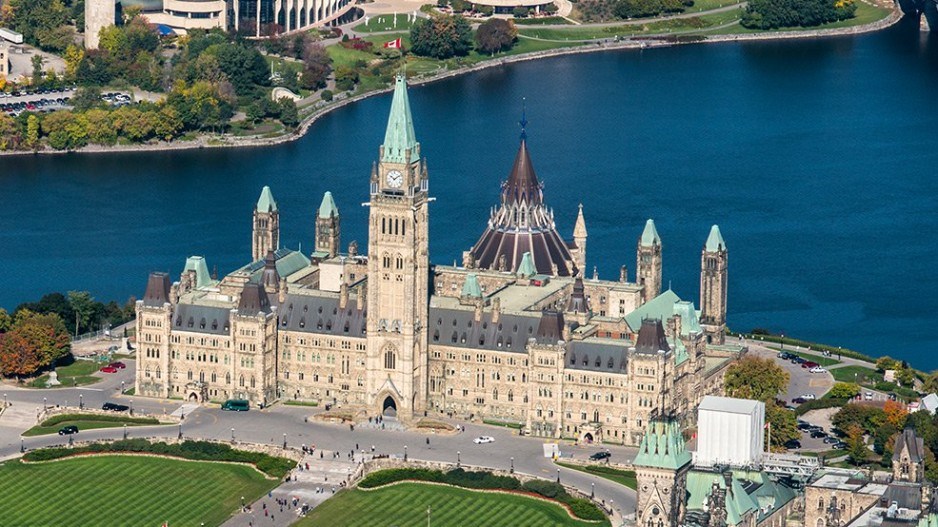When the Business Council of BC (BCBC) released its latest economic report this month, economists at the industry association downgraded the province’s growth outlook from 2% to 1.8% in 2019.
It was the second time the BCBC has downgraded its outlook for the year.
Earlier in October the International Monetary Fund’s World Economic Outlook forecast global growth hit 3% for 2019 – down from 3.6% in 2018. The World Bank was even more pessimistic in its June assessment: growth is expected to fall to 2.6% globally in 2019 compared with 3% in 2018.
So where does that leave Prime Minister Justin Trudeau as he navigates choppier economic waters and heightened global trade tensions with a reduced minority government?
“A minority government is not necessarily a bad thing. But the outcome of this election – I’m concerned,” said Greg D’Avignon, CEO of the BCBC.
He said the rest of the world has been focused on becoming more productive and competitive despite signs of a global economic slowdown, but “Canada is going in the exact opposite direction.
“It becomes very difficult – and we saw that play out in this election campaign – to have a really clear, cohesive strategy for the country that makes us more competitive, that makes us more productive and ultimately prepares us for a slow global economy in the future.”
May 2019 rankings from the International Institute for Management Development placed Canada’s productivity at 13th in the world, wedged between Luxembourg and China.
Singapore, Hong Kong and the United States, respectively, were first, second and third.
Meanwhile, the World Economic Forum’s (WEF) Global Competitiveness Index downgraded Canada two spots to No. 14, in between South Korea and France.
The WEF’s report concluded that the Canadian economy was still dealing with “external shocks” stemming from global trade tensions.
But it also highlighted the country’s relatively poor performance in terms of innovation capability (16th in the rankings), adopting information and communications technology (35th) and mobile broadband infrastructure and use (67th) – factors the report said places Canada “close to the frontier.”
The Conference Board of Canada think-tank gave the country a C grade in its May 2018 innovation report, pushing its rank from No. 9 in the world to No. 12.
Paul Preston, the think-tank’s director of science, technology and innovation policy, said in the report card that Canada’s “persistent weakness” in research and development, technology investment and labour productivity is making it hard for the country to keep up with its global peers.
Despite evidence the country is falling further behind other developed economies, foreign direct investment (FDI) in Canada grew 5% in 2018 to $877 billion – its largest increase in four years.
But those gains look good mostly because FDI had dropped off so dramatically in the years following the 2014 oil shock, according to Steven Globerman, a resident scholar at the Fraser Institute think-tank and professor emeritus at Western Washington University.
Globerman said Canada’s share of inward FDI among countries in the Organization for Economic Co-operation and Development last year was 1.6 percentage points below the annual average from 2012-14.
He said there are two main factors at play: a retreat of foreign FDI from the Alberta oilsands and the introduction of tax reforms by the Trump administration in the U.S. that brought capital back home.
“It [Canada] is being seen by investors as a more difficult place to do business,” Globerman said.
But an increase in FDI wouldn’t necessarily pull the country out of a recession, and a decrease in FDI wouldn’t push the economy into a recession, he added.
“The longer-run cost is that we don’t access the technology, the managerial expertise, all of the kind of spillovers that the domestic economy gets from having successful and productive foreign companies doing business here. That’s the real worry,” Globerman said.
“In the very long run the answer has to be to make the broad business environment more attractive and that would include reducing corporate taxes and arguably … capital gains taxes.”




